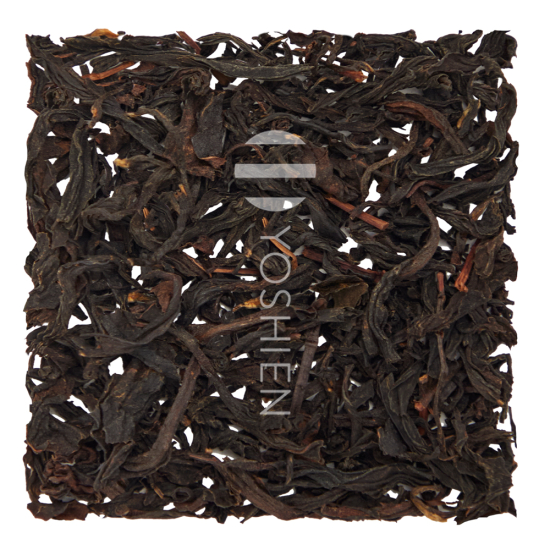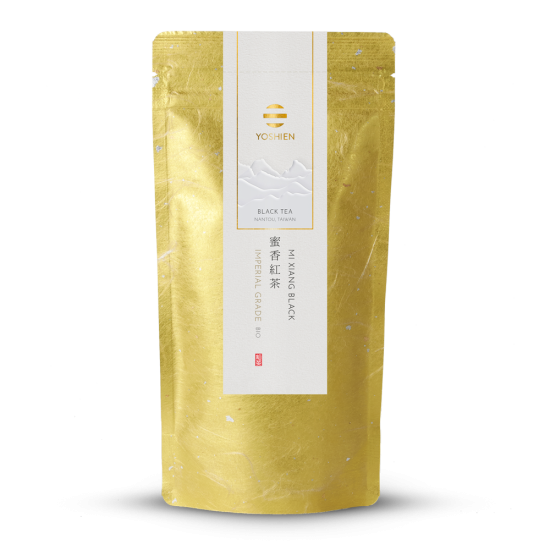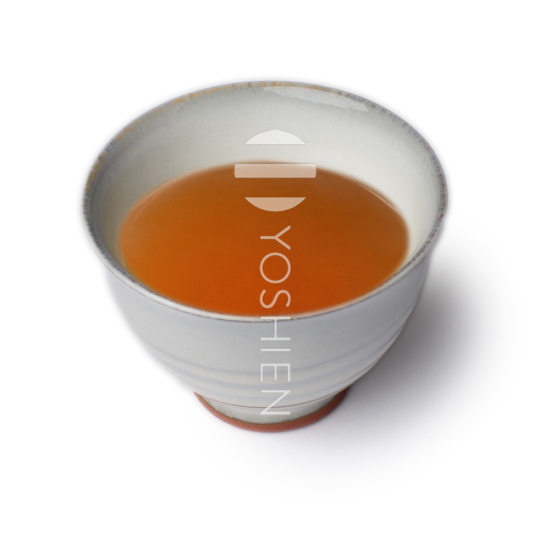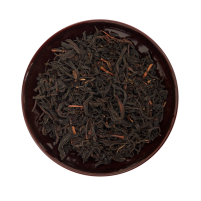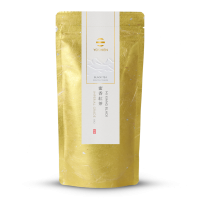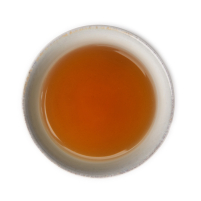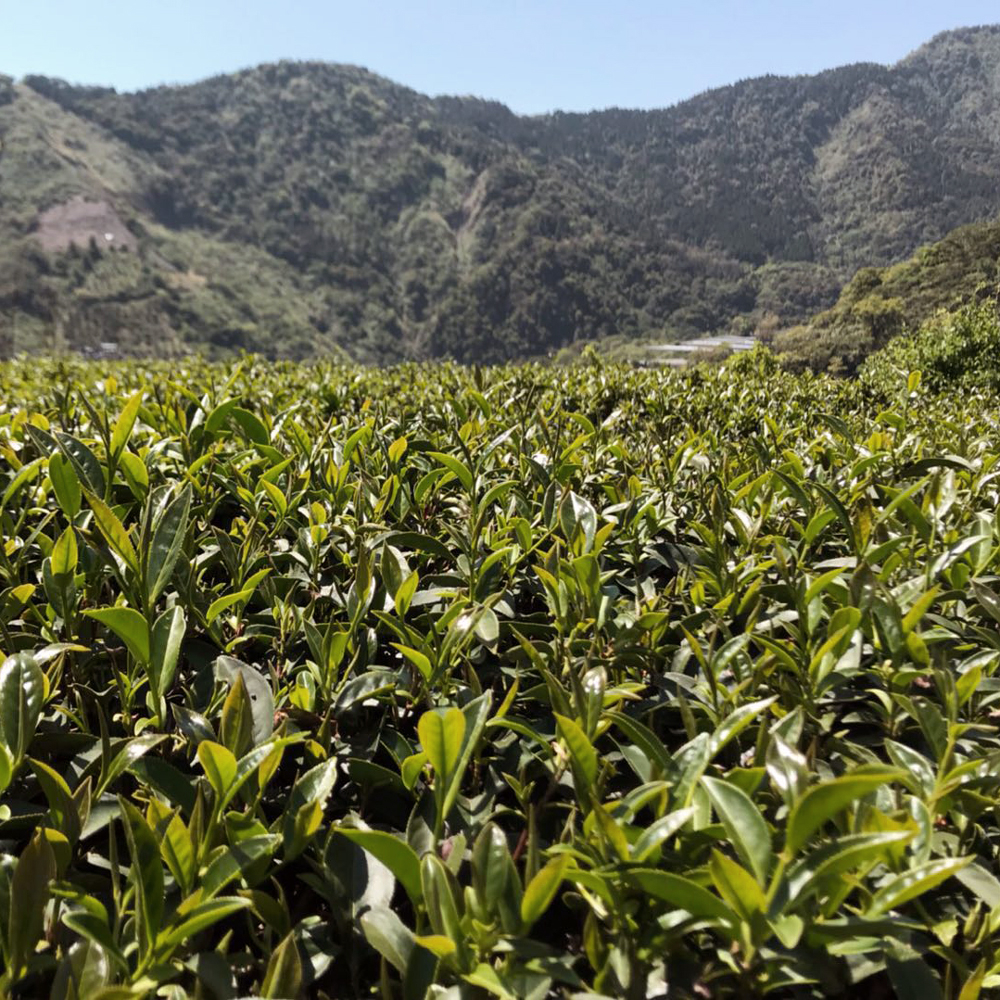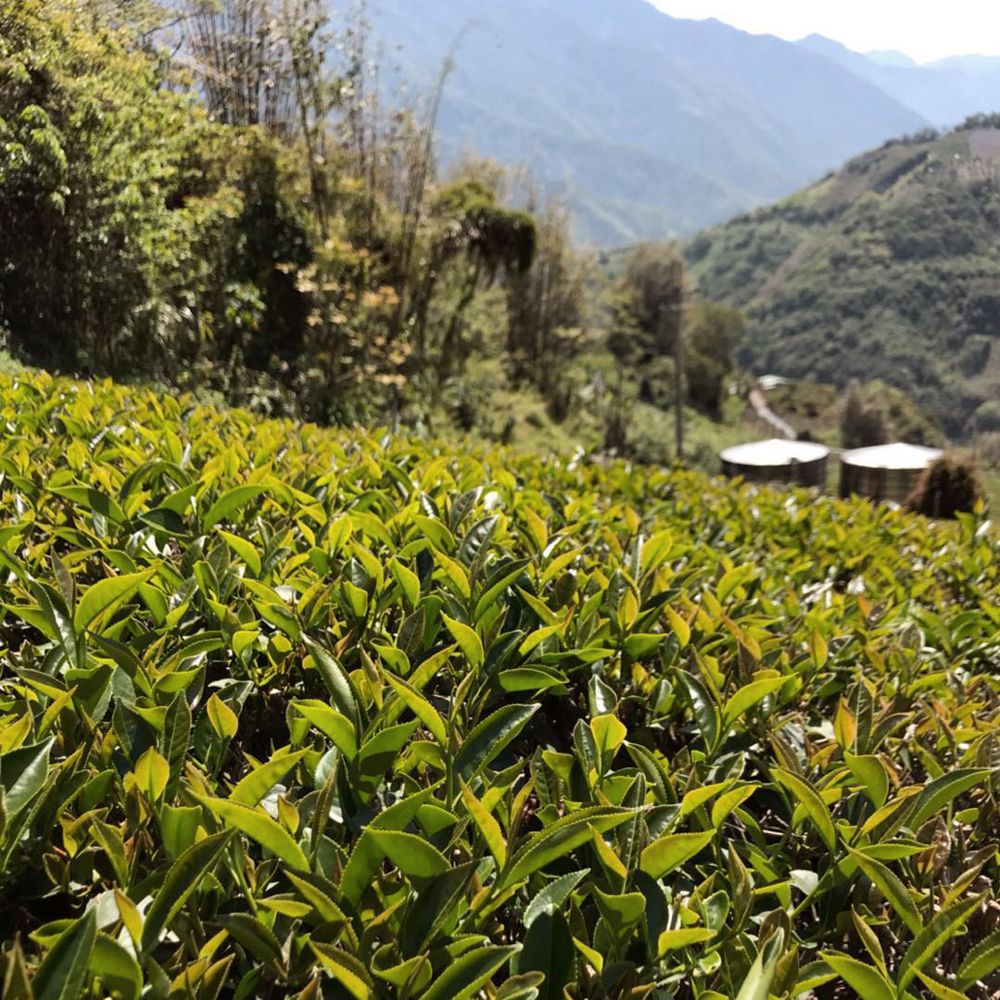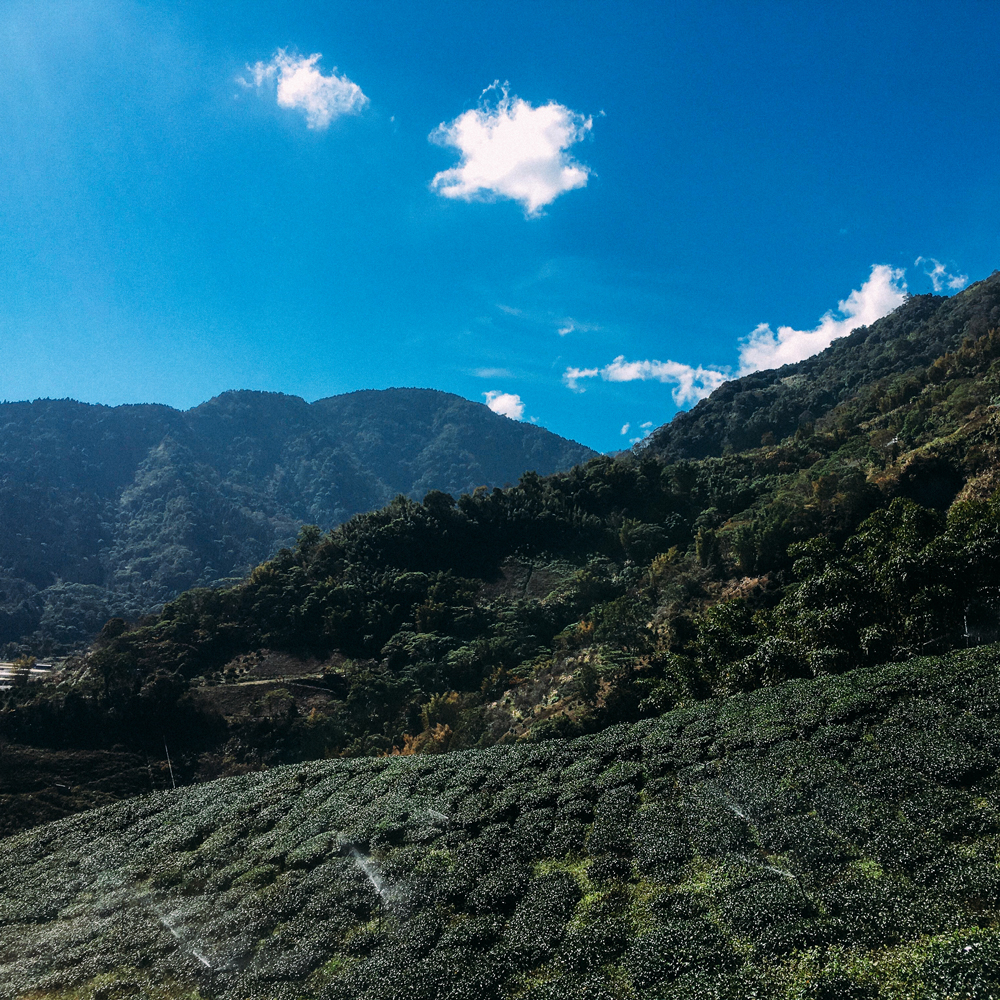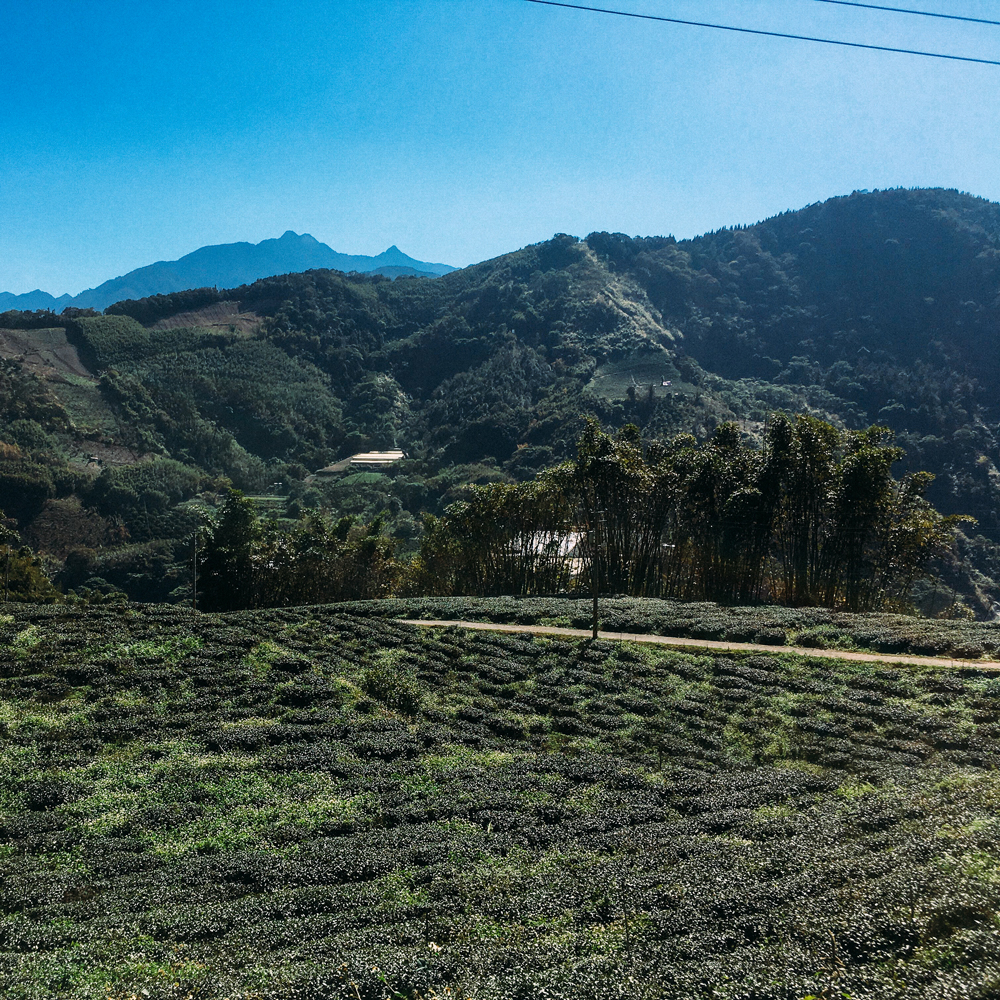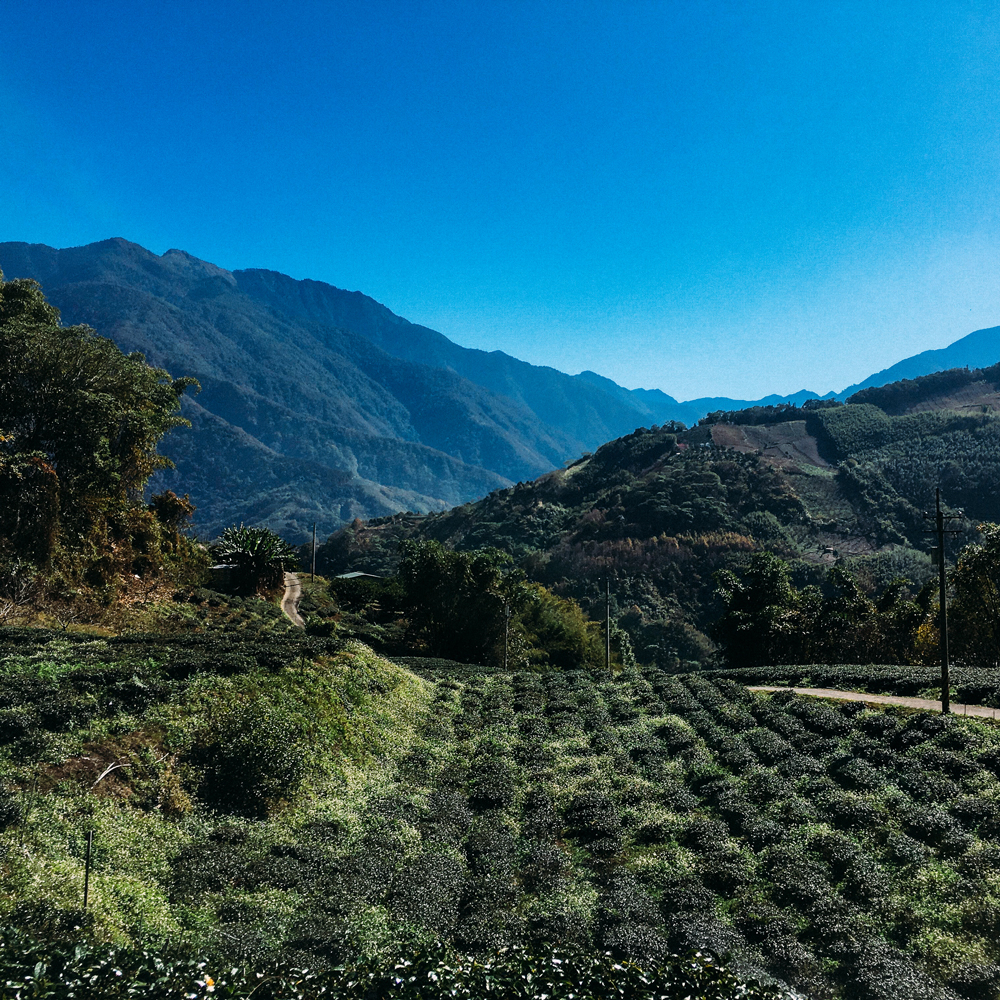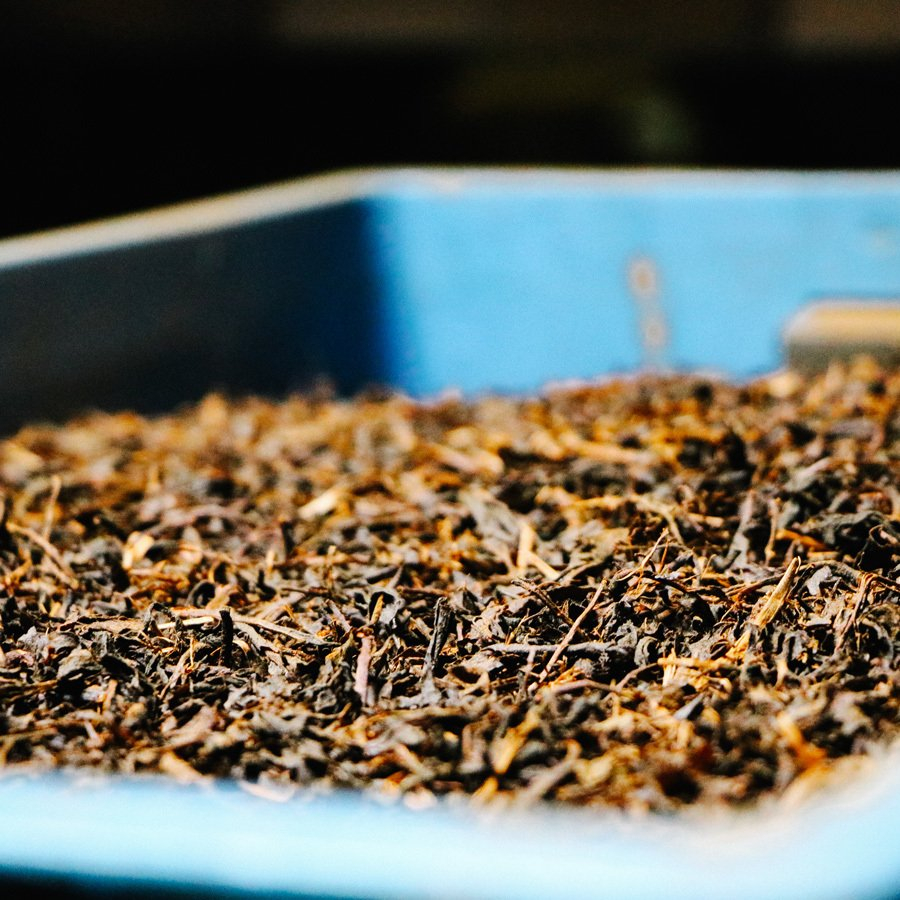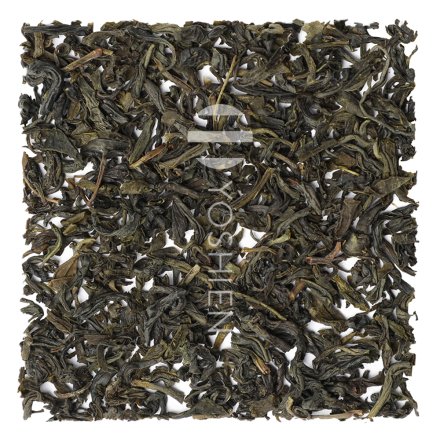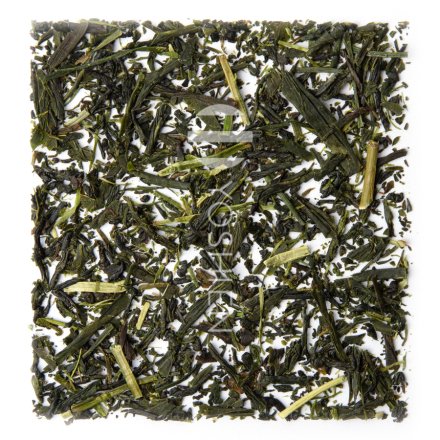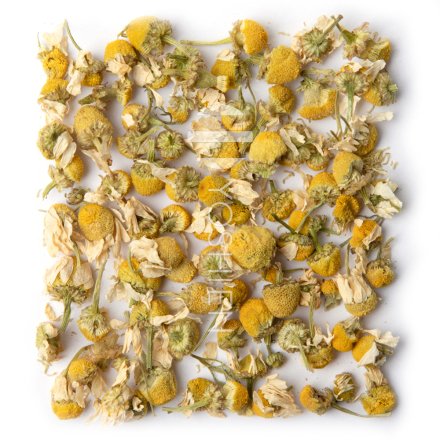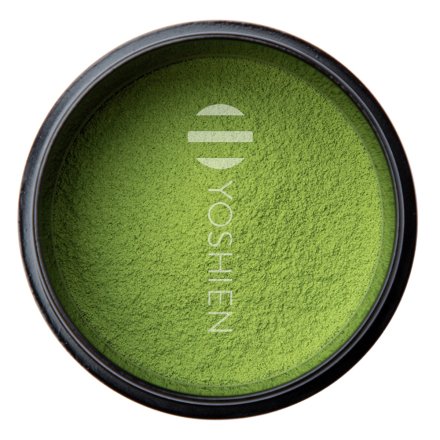Yu Shan, also known as Jade Mountain, is Taiwan’s highest peak at 3,952 metres and ranks among the country's most important high mountain tea-growing regions. Its unique geographical and climatic conditions – cool temperatures, high humidity, frequent mist, and nutrient-rich soils – create the perfect environment for cultivating high-quality teas. Historically, Yu Shan has been renowned for its premium high mountain oolong teas, especially the famous Dong Ding Oolong, which is prized for its soft texture, floral notes, and complex aromas. With growing international interest in Taiwanese black teas, some tea farmers have now begun to specialise in the production of high mountain black tea, establishing a new chapter in the region’s tea cultivation. Although oolongs remain Yu Shan’s hallmark, black teas from this high-altitude region are steadily gaining recognition. Organic-certified farms, such as the one from which we source our Mi Xiang Black Tea, are still a rare find on Yu Shan.
Mi Xiang (蜜香), meaning "honey aroma", describes the unique, naturally sweet fragrance found in top-quality high mountain black teas. This aroma is the fascinating result of an interaction between insect and plant, developing when leafhoppers (Jacobiasca formosana) nibble on the young tea leaves. As the insects suck the sap, the tea plant initiates a biochemical defence response, activating specific enzymes and secondary plant compounds. These chemical changes give rise to sweet, honey-like and floral aromas that intensify during the tea’s production. Because these leafhoppers only thrive in unsprayed, pesticide-free gardens, Mi Xiang black tea is inherently a natural, organic tea cultivated under especially gentle conditions. Due to the meticulous process and limited yields, these teas are among the most sought-after and expensive black teas from Taiwan.
The production process largely follows the traditional, carefully refined methods used for other orthodox black teas. After harvesting, the freshly picked leaves are first withered indoors under controlled conditions to reduce moisture and begin flavour development. This is followed by a brief heating – a distinctive step in this tea’s crafting – before the rolling process. The heating helps preserve the delicate Mi Xiang aroma as well as regulate the level of oxidation. Oxidation is the key phase in black tea production: it transforms the leaves from green to dark brown or black and brings forth a broad range of complex flavours – from sweet, malty notes to fruity and floral undertones. Finally, the leaves are gently dried to seal in the flavour and ensure the tea’s shelf life.



